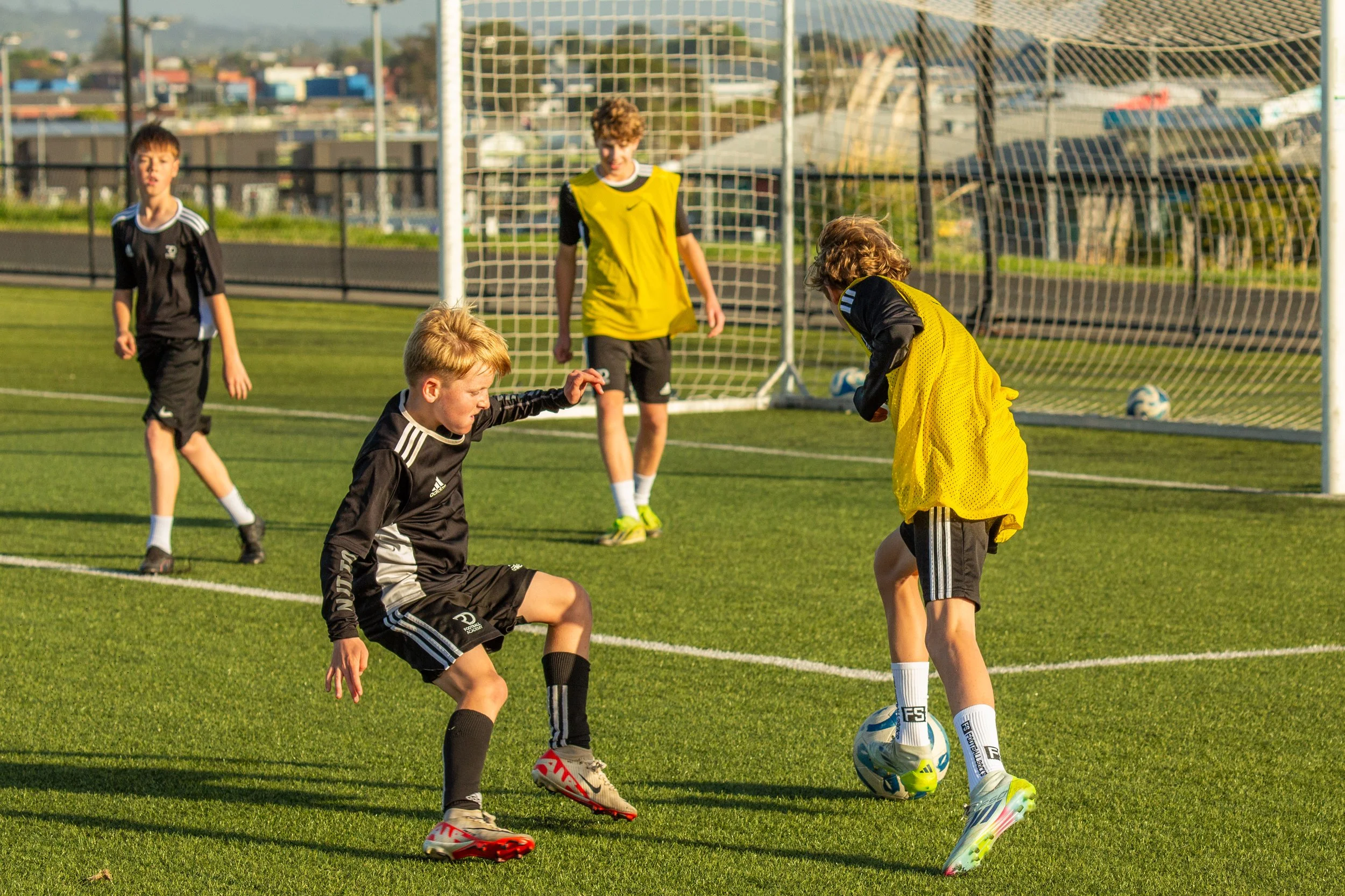Competing Matters More Than Winning →
Ask most children why they play sport, and the answer is rarely “to win trophies.” More often, it’s simple: because it’s fun.
But somewhere along the journey, that focus can shift. The scoreboard starts to matter more. The pressure to “perform” creeps in. Suddenly, every game feels like a test, and kids stop taking the kinds of risks that help them grow.
That’s when we need to pause and reframe what sport is really teaching.
Because competition isn’t the problem. In fact, it’s essential. It teaches kids how to work hard, how to lose with grace, how to bounce back when things don’t go to plan. But when we start to equate competition with winning only, we lose something much more valuable: the learning that happens along the way.
Here’s what’s worth remembering — and repeating:
Winning is an outcome. Competing is a process.
Winning depends on the score. Competing depends on your effort, attitude, and intent.
Winning can’t happen for everyone. But every child can compete — fully, fairly, and fearlessly.
When kids are taught to measure success only by results, they start to play safe. They avoid mistakes, shy away from challenge, and focus more on avoiding failure than chasing growth. But when we shift the focus to effort, decision-making, and courage, kids start to embrace discomfort. They become more resilient. They learn to show up for themselves, no matter the result.
This isn’t just philosophy; it’s backed by research in sport psychology. Environments that value task-oriented goals (like effort, learning, and self-improvement) over ego-oriented goals (like outperforming others) tend to produce more confident, motivated, and mentally healthy young athletes.
So what can parents and coaches do?
Praise the process, not just the outcome. Ask, “Did you try your best today?” before “Did you win?”
Celebrate mistakes as opportunities to learn — not failures to avoid.
Reward bravery, not just success. Back the kid who tries something new, even if it doesn’t work.
Detach identity from results. Kids need to know they’re more than their last performance.
Because the truth is, most young athletes won’t remember the score a week from now. But they will remember how they felt. Whether they felt supported. Whether they felt free to try. Whether they felt proud of how they competed.
And those are the feelings that shape who they become — in sport and beyond.
So next time you're on the sideline or in the car ride home, try asking:
“Did you compete?”
Not to measure success — but to remind them that giving your all is always enough.


